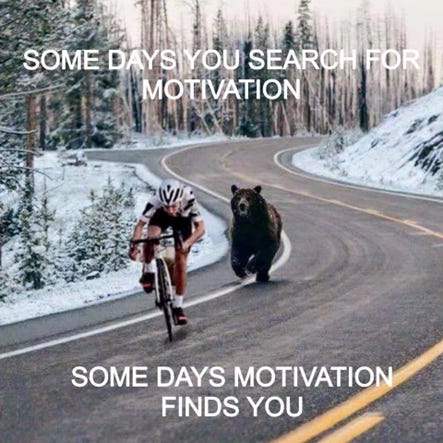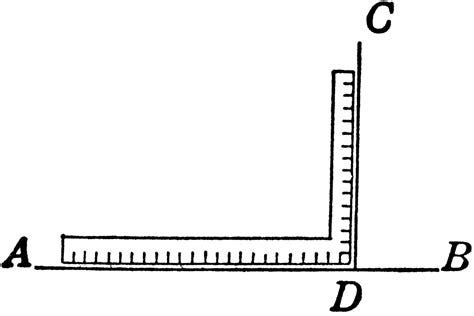Hi, and welcome to Power at Your Discretion!
In my life I’ve tripped over and bumped against more thresholds than many have maybe even considered crossing. But every time, I learned something useful, which enabled me to purge forth with a smile.
In this bi-monthly newsletter, I’ll be happy to share the useful mindhacks that I’ve picked up along the way, so that you reach further, faster, and more smoothly than I, for one, could even dream of.
I’ll start us off with something breezy.
In college, I had the amazing opportunity to attend a brilliant course on the History of Physics, taught in tandem by a professor of Astronomy, and a professor specialized on the History of Science.
The course explored in fascinating detail how the evolution of society influenced the models we, humans, gradually developed to explain and understand nature.
And beyond that, what I found most interesting in that class, something that stuck with me, was a discussion on the value of our current scientific knowledge:
"If we went through a global cataclysm, and I had to pick ONE IDEA which I would save out of everything we now know in Physics, it would have to be the fact that matter is made of atoms. Starting from this simple principle, I believe we can reconstruct everything." (Prof. Marcello Gleisser)
So, I would also like to share some of the useful core ideas in my field of changing thinking, emotional patterns, and behaviours. I would gladly pass them on for people to benefit from in our times of overlapping and cascading world cataclysms.
As far as I'm concerned, the best place to start is the fact that you have an Unconscious Mind. Did you know that? I’m sure some of you already do.
But WHY should you (or anyone, for that matter) care that there’s more to your consciousness than what you’re aware of right now - what you currently see, hear, feel, smell, taste, or say to yourself?
Well, did you ever set a goal - like “Monday morning, I’ll start running!” And then Monday morning comes, and your alarm goes off at 5AM… With weary eyes, you hit snooze once, twice… ten times… until you finally have to get up for work.
And the story repeats itself, until “Monday” becomes “some day.” But what if, instead, you woke up with a bear next to your bed?
Well what’s the difference? We don’t do anything we set our (conscious) mind to, unless our unconscious mind also finds it worthwhile. All (1) Learning, (2) Change, and (3) Behaviours are unconscious.
1) For instance, how many degrees does this angle have?
Granted, I haven’t specified which angle, exactly. But regardless whether you answered 90, 180, or 270, the point is still the same. Where was the information before I asked you? It’s not like you were sitting there, reading, mumbling to yourself “90 degrees… 90 degrees…”
You consciously learned it once in sixth-grade Geometry, and then you relegated it to your unconscious mind, which recalled the information on speed dial when prompted. And all learning works the same way.
In fact, Richard Bandler, one of the co-creators of Neuro-Linguistic Programming, would say that our conscious mind is only for the things we haven’t quite learned well yet. As soon as we do, we pass them on to the unconsious mind, in order to free our limitted awareness.
2) Has anything ever happened to you in a flash - WHAM! - completely caught you off guard, and afterward, you just knew that things were never going to be the same - for better, or less so?
Most people imagine change can’t happen quickly, because they seek to switch their habits, and it takes forever. But that’s just because they go about it consciously. What doesn’t take a short while, and doesn’t (necessarily) come easily, is getting to the point where you’re willing to make the change.
But when change happens at the unconscious level, it happens in an instant - and it lasts. A good example are phobias. If it takes a split-second for someone who experiences a big fright once to keep associating the trigger with that same state for years, why wouldn’t it take just as little to disconnect them?
It doesn’t matter how many times the train has run one way over the tracks. Once they swiftly switch at the railway junction, it will reliably head in a different direction.
3) And we run our Behaviours unconsciously, as well. Remember learning how to walk? Maybe you don’t, but it’s enough to watch little kids do it.
It takes so much deliberate focus just to lift yourself vertically, and then to hold your balance, while putting one foot in front of the other without stumbling. And, of course, they trip, they fall, but they get right back up again and keep going until they’ve nailed it.
And now, as adults, we walk around without even giving it a second thought. And the same goes for all behaviours - from tying your shoelaces to driving, or speaking, reading, writing…
I went into studying Classics at college, because I sought a clear way to convert my ideas into solid outcomes. Unfortunately, as much as I enjoyed delving into the sophisticated syllogisms of Ancient sages, nowhere did I find a process for turning them into the practical achievements I also yearned for.
Neuro-Linguistic Programming provided me with a straightforward model to understand the roles of the unconscious. It also gave me the tools to work with it in order to smoothly bridge the icy gap between Mind and Matter, between thought and action.
It made me excited to share it with others, which I have been eagerly doing over the past ten years, with hundreds of people, for thousands of hours - either in individual sessions, or in group courses and workshops.
If you want to delve further into directly working with your unconscious, to bolster your learning and behavioural change, please consider upgrading to the paid version, and keep exploring below.
Keep reading with a 7-day free trial
Subscribe to Power at Your Discretion to keep reading this post and get 7 days of free access to the full post archives.





